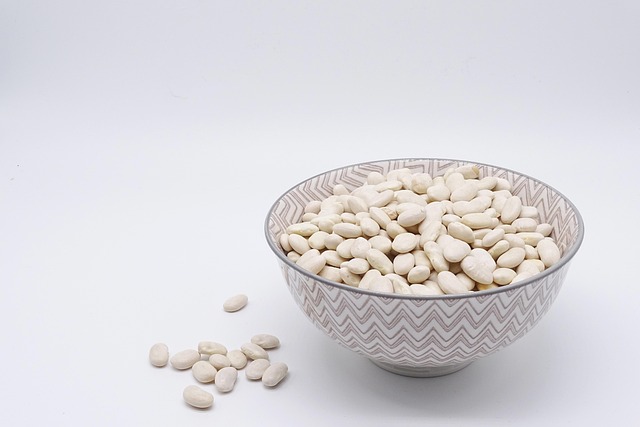Nourishing Your Vegetarian Protein Quest: A Healthy Lifestyle Guide to Balanced Nutrition
Embracing a vegetarian lifestyle is not just about making dietary changes; it’s a profound journey towards enhancing your overall health and well-being. As more individuals opt for plant-based diets, the quest for sufficient protein intake has become a common concern. With the right knowledge and resources at your disposal, you can fulfill your protein needs while indulging in delicious, wholesome meals.
Understanding Protein Sources in a Vegetarian Diet
One of the first steps in your journey is understanding the diverse array of protein sources available within a vegetarian diet. Legumes, which include beans, lentils, and chickpeas, are incredibly rich in protein and fiber. Incorporating these into your meals not only boosts your protein intake but also promotes digestive health and keeps you feeling full longer.
Additionally, don’t overlook the power of whole grains. Quinoa, for instance, stands out as a complete protein, providing all nine essential amino acids your body needs. Pair it with some vegetables and a drizzle of olive oil for a nutrient-packed meal that is both satisfying and energizing.
The Power of Nuts and Seeds
Nuts and seeds are not only tasty but also packed with essential nutrients. Almonds, peanuts, chia seeds, and hemp seeds are fantastic options that provide healthy fats along with protein. Snack on a handful of these throughout the day or sprinkle them over salads and smoothies for added texture and nutrition.
Embracing the Diversity of Vegetables
While vegetables might not be the first thing that comes to mind when thinking of protein, certain types, such as spinach, kale, and broccoli, contribute a notable amount. Incorporate these greens into your daily meals for a vitamin and mineral boost while ensuring you’re receiving adequate protein.
Moreover, incorporating a variety of vegetables can enhance the overall quality of your diet, providing essential nutrients that support a healthy lifestyle.
Incorporating Dairy and Alternatives
If your vegetarian diet includes dairy, yogurt and cheese can be excellent protein sources. Alternatively, the market has seen a boom in plant-based yogurts and cheeses made from soy, almond, or coconut milk, catering to those who prefer non-dairy options. These alternatives often come fortified with additional vitamins and minerals, making them a smart choice for maintaining balanced nutrition.
The Beauty of Meal Prep
One of the best strategies for a wholesome, protein-rich vegetarian diet is to embrace meal prep. Planning your meals for the week allows you to ensure that you’re including a variety of protein sources. This not only saves time but also alleviates the stress of daily cooking, making it easier to stay on track with your health goals.
Listening to Your Body
In your pursuit of balanced nutrition, remember to listen to your body. Everyone’s protein needs differ based on various factors, including age, activity level, and overall health. Pay attention to how your body reacts to certain foods and adjust your diet accordingly. Whether you need more protein from legumes or grains, the key is to create a sustainable way of eating that feels right for you.
In essence, a vegetarian lifestyle can offer an abundance of nourishment and energy when approached thoughtfully. By embracing diverse food sources and prioritizing nutritious options, you can thrive on your protein quest while promoting a healthy lifestyle.


